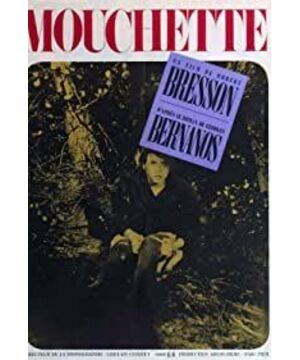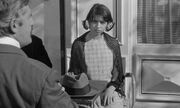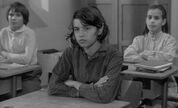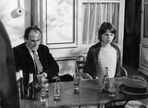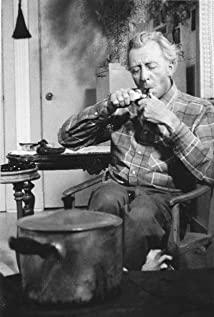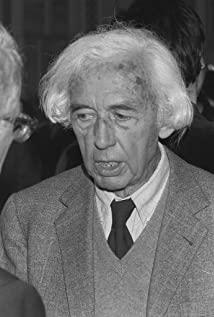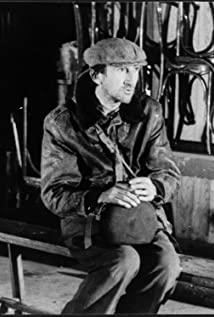Except for the tender look in Mushayt's eyes when he looked at the boy he met while playing with bumper cars in the playground, the other moments revealed world-weariness and sadness. The strange boy in the playground was the only spark for her to regain hope in life. She walked slowly and reservedly towards the boy, and then her father slapped her horse and slapped her in the face. She sat helplessly in front of the bar where she was working in tears, which was a great humiliation for a girl, and this humiliation was everywhere in Mushaet's life.
Because he sang out of tune, the teacher pinched his neck and pressed him on the piano. He was ridiculed by his classmates, so every time after school, Mushait would hide under the mound and throw mud at his classmates. Male classmates would stop Mushaette on her way home and take off her pants to show her genitals in front of her. When he got home, Mushait had to take care of his bedridden mother, who was seriously ill, and all the money he earned from working in a bar had to be handed over to his father. The pressure of life and mental abuse made her completely release herself in the dark rainy night.
The first half of the film tells of Mushayt's life at the same time as another story line is going on at the same time. A married ranger and a poacher pursue a barmaid at the same time. As rivals, they meet on the outskirts of a rainy night and leave after a fight. The poacher met Mushayt, who was hiding from the rain. He took Mushayt to a hut to rest, and Mushayt felt a rare warmth. The film spends a lot of time describing the warmth that poachers bring to Mushaet, and in the face of this warmth, Mushaette sings songs that have been out of tune in school. So when the poacher raped Mushayt, Mushayt calmly hugged the poacher without struggling too much.
She accepted the violation, and when you live in hopelessness all day long, a hint of warmth will make you reckless. The poacher was taken to the police station the next day and everything was explained. In this small town, news spread quickly that the poachers were married, and Mushait became a bitch and a devil in the eyes of everyone. The death of her mother and the moral condemnation of the crowd made Mushaet fall into the abyss. She watched the hunters hunt rabbits in the wild. The hare, who was tired of running for his life, finally fell under the gun. annotation. She beckoned to stop the car, but the name of the villager who was driving looked back at her and drove away. This shot shoots into the audience like a bullet, and the sad girl becomes a spurned bitch. He finally chose to roll from the hillside into the water to end his tragic, humble, and tragic life.
This is one of the more informative Bresson films, and it is also one with a rather tragic character. The scene where she got under the table while avoiding the poachers was like a rabbit about to be slaughtered. Facing life, she was also like a rabbit to be slaughtered. Her life is not a tragedy because she is the tragedy itself. It's a realist movie, and it's a psychological realism movie when she's calmly embracing the violation. She calls the poacher who raped her a lover. Her life standards and emotional needs are slowly sinking in the muddy swamp, and death is Mushayte's most powerful response to a life of shit.
View more about Mouchette reviews


